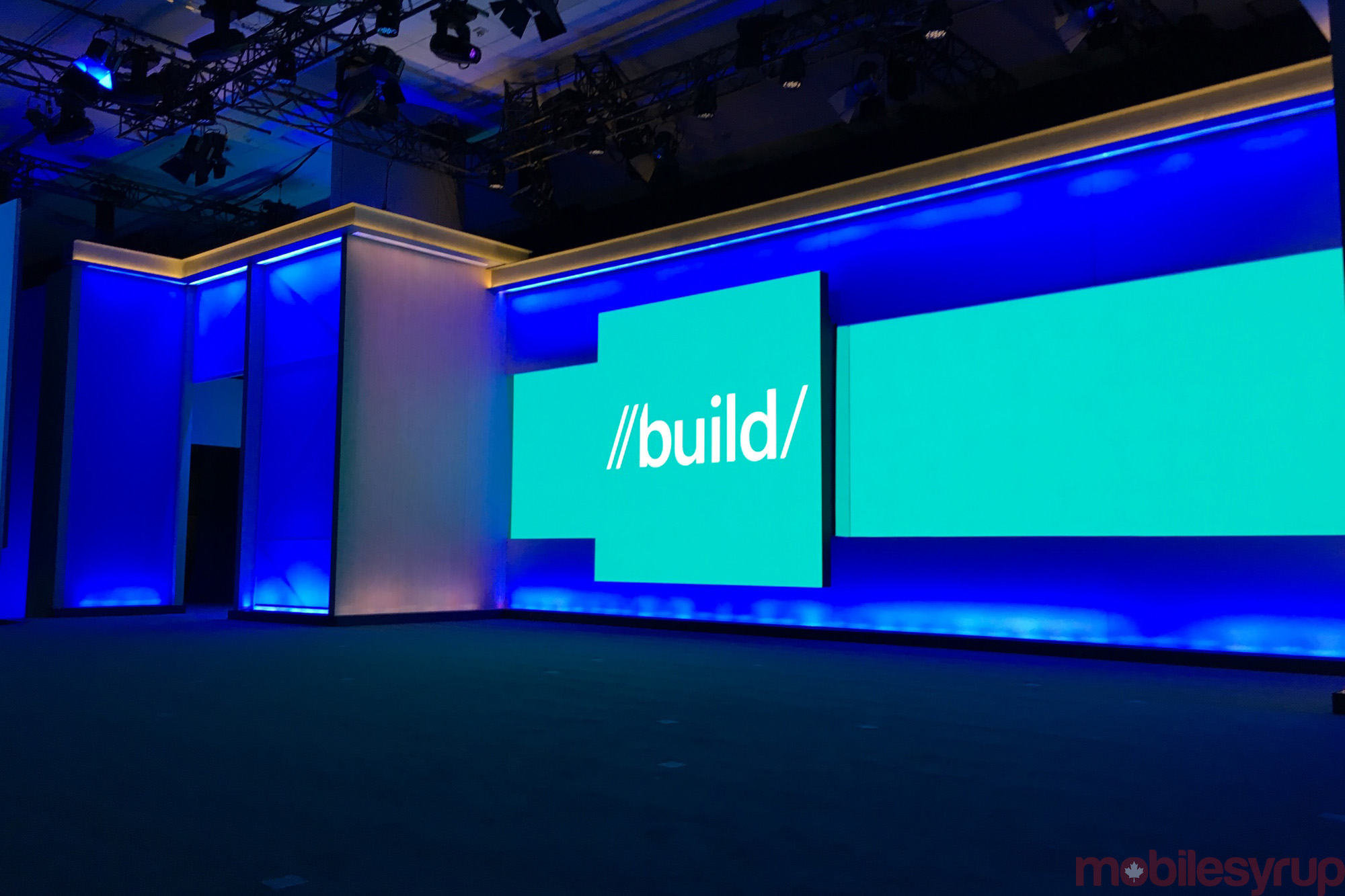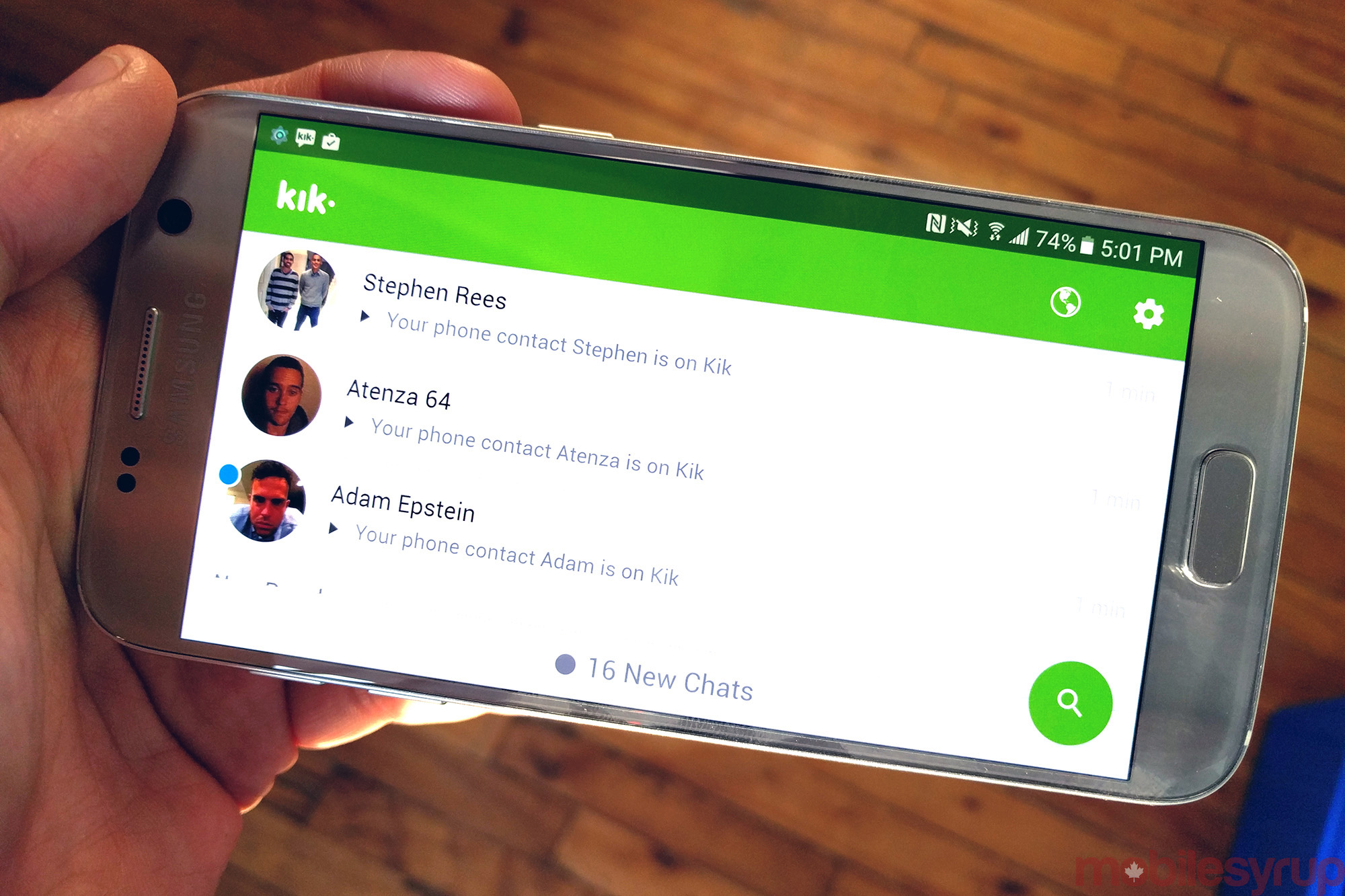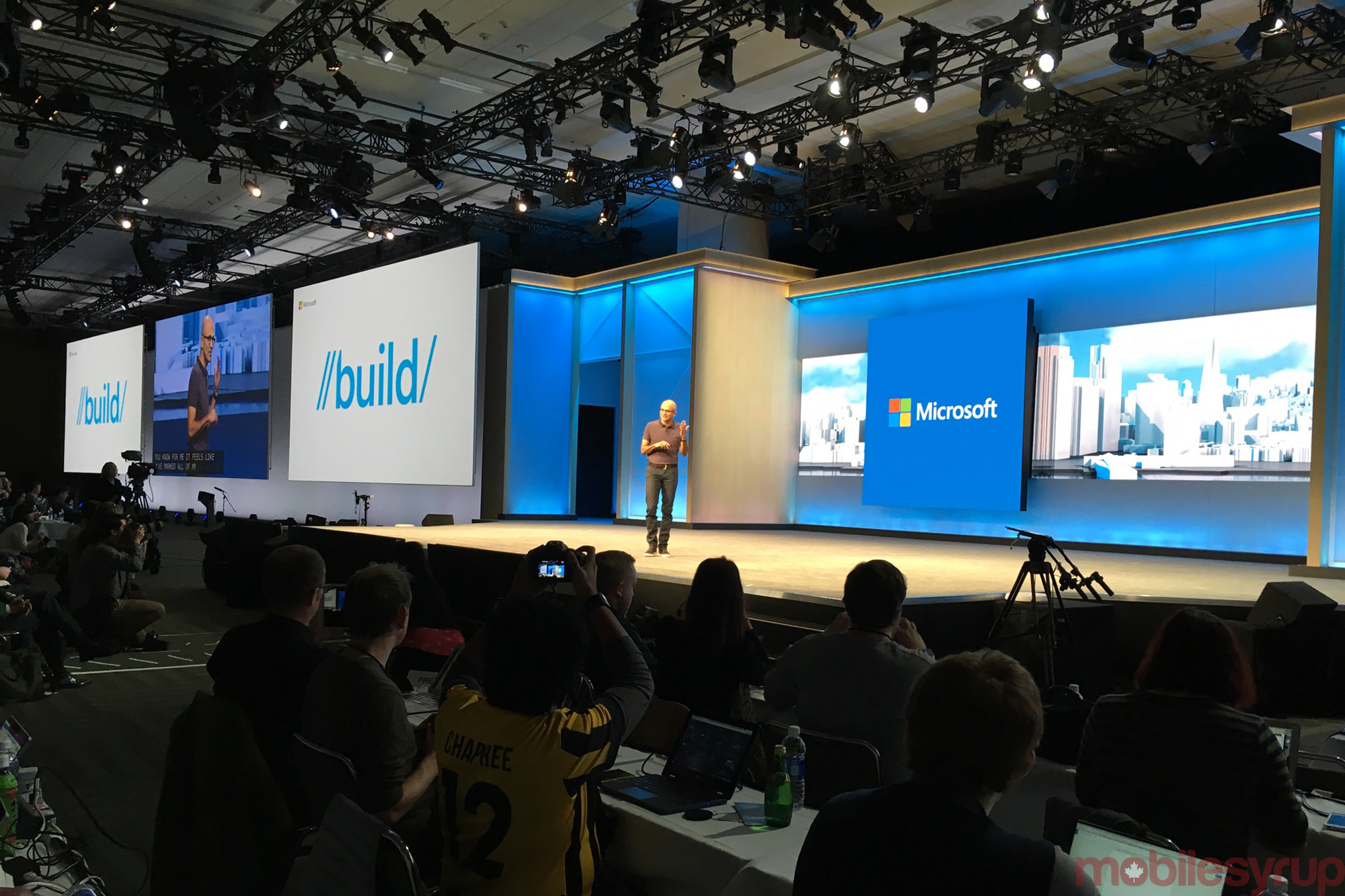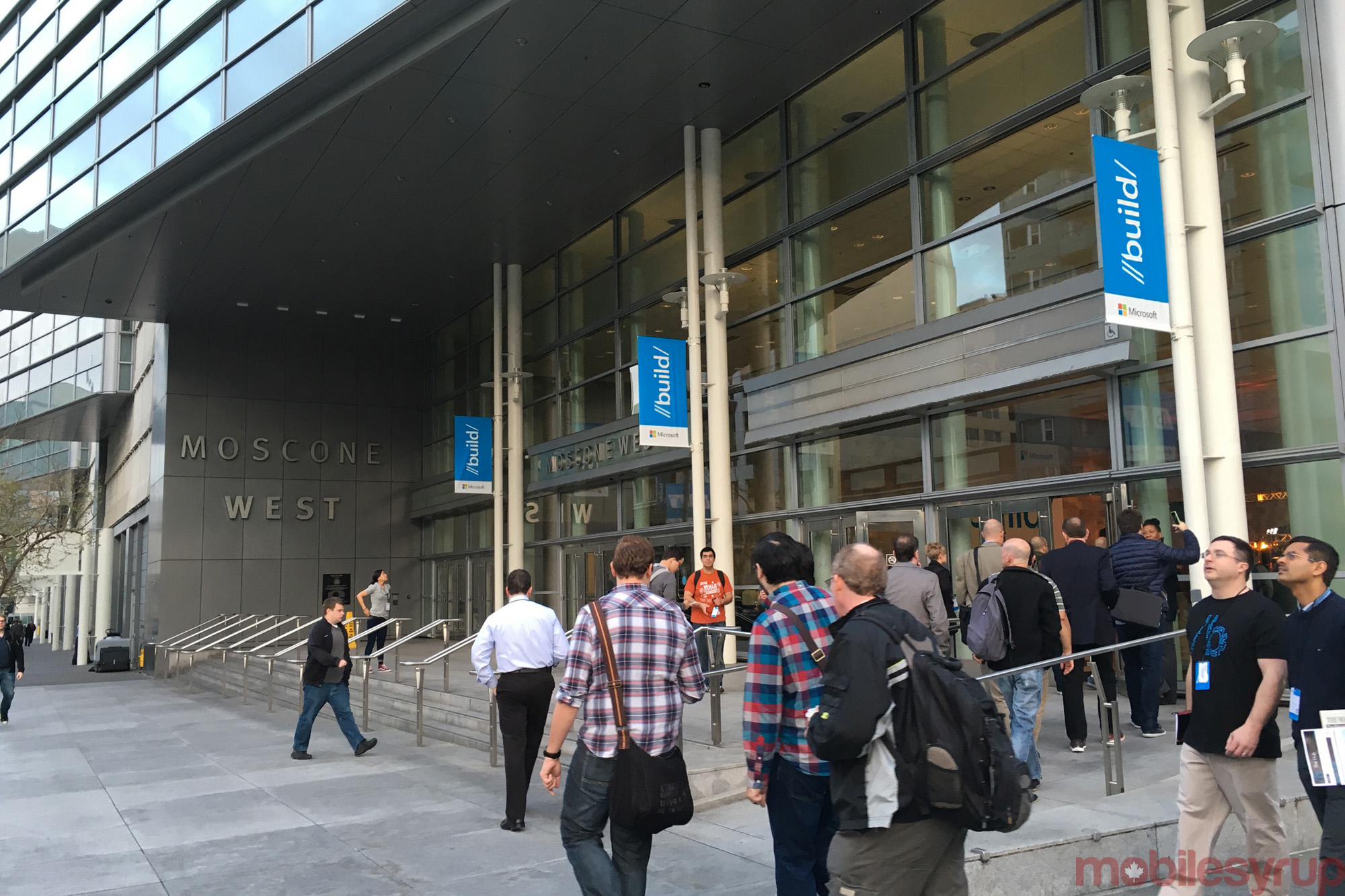
Microsoft lost the race to mobile, but with its new army of chat bots, it’s hoping it can win tech’s next battleground – artificial intelligence.
On Wednesday, at its annual Build developer conference in San Francisco, California, the company laid outs its vision for the future of computing, and it’s one that involves apps that can converse with people.
It’s a future of computing we’ve already seen posited by several other companies. Most notably by Facebook, which is currently in the process of building and testing M, a chat bot and personal assistant that resides within the company’s Messenger app. Closer to home, Waterloo-based Kik – which, like Tencent, the Chinese company that led its 50 million Series D round and created WeChat, the messaging app that arguably launched the tech world’s obsession with chat bots – employ hundreds of the overly effusive programs to keep more than 300 million users engaged with its platform.

Where Microsoft believes it has potential to make its take on the tech compelling and relevant to the world at large is how its bots integrate with all its other product offerings. Unlike Kik, WeChat and even Facebook, the Redmond-based company has a variety of surrounding products and services to augment and supplement its chat bots in meaningful ways.
In Cortana, the company has an “unbound” personal assistant (available now for a number of months on competing mobile platforms like iOS and Android, as well as on its own cross-platform operating system, Windows 10), a search platform in Bing (suddenly Microsoft’s decision to not cede the search market to Google doesn’t seem so stubborn in hindsight) and the cloud infrastructure in Azure to keep those bots talking to people day and night. Last but not least, Microsoft owns Skype, one of the world’s most used chat platforms – some 300-million people log on each month to use the app to converse with friends and family, according to the company’s own stats.

Indeed, no where is the strength of this end-to-end integration more apparent than in Skype. During the company’s keynote on Wednesday, Lilian Rincon, the program manager that oversees the continued evolution of Skype, demoed a new, upcoming update to the ubiquitous app that integrates chat bots and Cortana throughout the experience.
At the start of the demo, Rincon showed a video message she received from Gurdeep Pall. In it, the Microsoft VP said the Skype team was excited to see Rincon speak at a Codess conference. In just that one message, a chat bot parsed the video Pall sent to Rincon and provided a transcript of what he said. Cortana, on the other hand, understood the reference to Codess and provided a deep link to the initiative’s website.

In a later message thread, Rincon booked a hotel in Dublin, Ireland without leaving Skype. Knowing her preference for Westin Hotels, Cortana put Rincon in touch with the hotel chain’s chat bot when Rincon asked the personal assistant to help her find a hotel. Cortana then went on to start the conversation between the Microsoft executive and the Westin chat bot by starting the conversation with details like when Rincon wanted to book the hotel, taking away the need for her to repeat herself. The personal assistant even went so far as to suggest Rincon get in touch with one of her friends in the city.
Microsoft sees this type of integration as a way to make interactions between humans more efficient, intelligent and productive. And the company is not stopping with Skype. During a follow-up session only available to members of the press, an executive from the Microsoft said the company plans to integrate chat bots into Outlook and other core offerings.
Moreover, this is the company’s chance to once again become the most valuable tech company in the world, and the tech firm that the world once again looks to for a vision of the future.
MobileSyrup may earn a commission from purchases made via our links, which helps fund the journalism we provide free on our website. These links do not influence our editorial content. Support us here.


